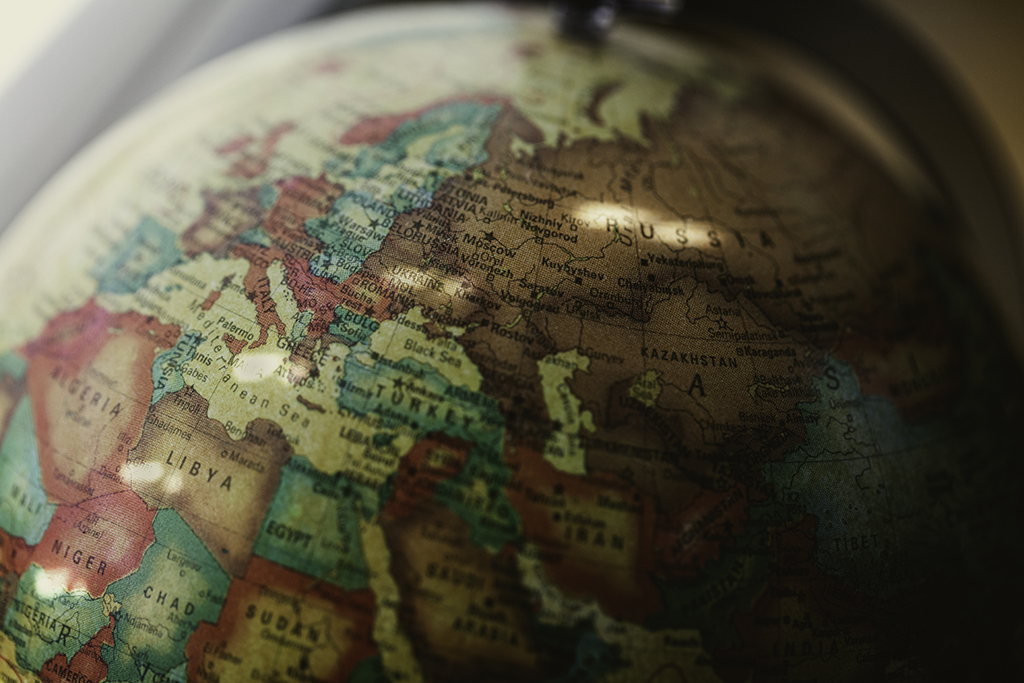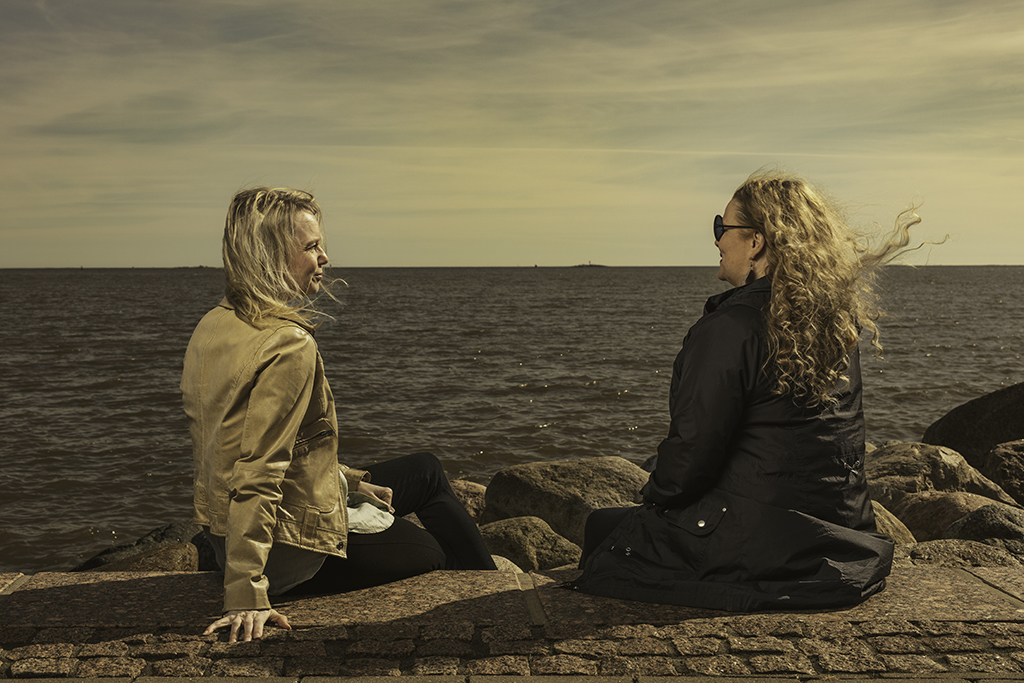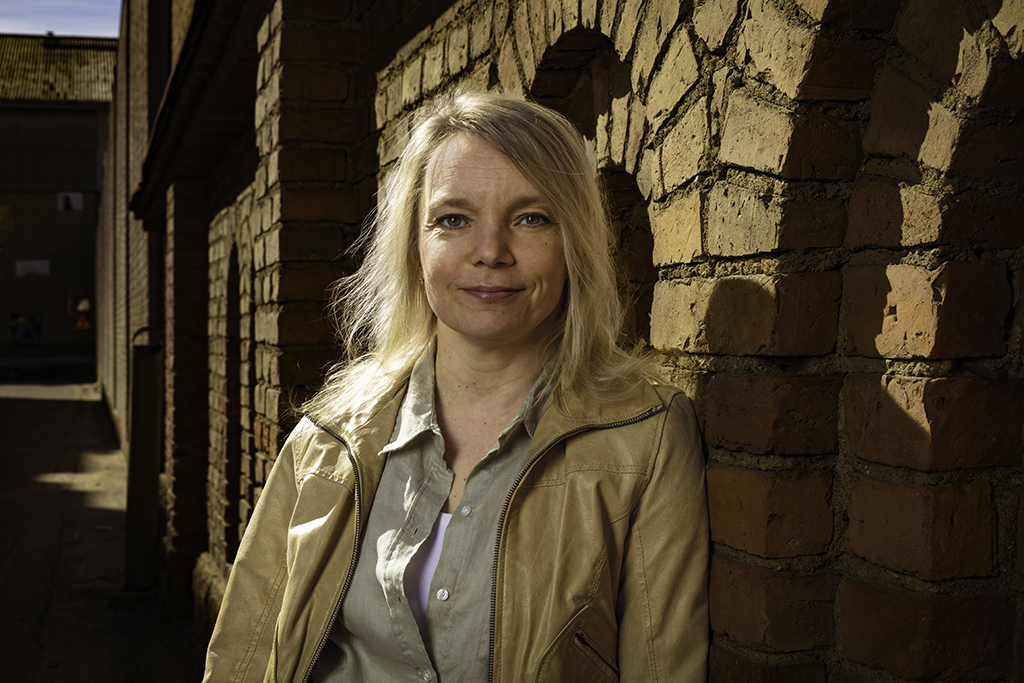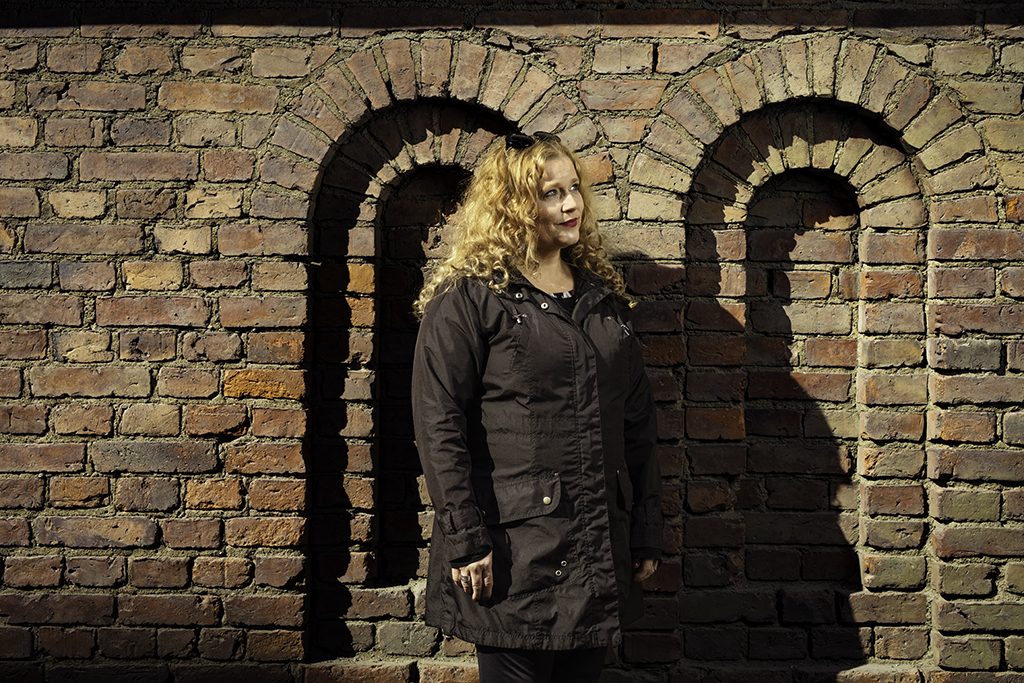Rehabilitation for war trauma survivors prevents the emergence of transgenerational trauma
22.5.2022
Many refugees are now arriving in Finland from Ukraine. Marjo Neste and Mari Tikkanen, experts at the Centre for Psychotraumatology of the Deaconess Foundation, point out that the most important thing when meeting with refugees is to have an empathetic and welcoming attitude. Warm encounters and open communication also prevent the emergence of war-related traumas.

A large number of refugees are currently coming to Finland from Ukraine. They need crisis assistance, and any trauma will only begin to show once the acute stage of the crisis is over.
War trauma has become increasingly prominent in our daily lives due to the war in Ukraine and refugees arriving from the country. For older Finns, the situation can revive memories of the 1940s, when our own country was at war.
Today, more is known about war trauma and post-traumatic stress disorder and the role of rehabilitation in treating trauma than was the case at the end of the Winter War.
“War trauma rehabilitation is important for a person’s well-being, but also for the well-being of our society and our community as a whole – like healthcare in general,” says Marjo Neste, Project Manager for the rehabilitation of children and youth traumatised by torture .
The rehabilitation of refugees from war trauma is also important because traumatisation often affects their ability to learn new skills and integrate.
“Rehabilitation also prevents the emergence of intergenerational trauma: when parents are well, their ability to raise and support their children increases,” says Mari Tikkanen, who manages the war trauma rehabilitation project.
“According to recent studies, cross-generational war trauma can affect up to the fourth generation,” says Neste.
War and exile traumatise
Neste and Tikkanen work at the Deaconess Foundation’s Centre for Psychotraumatology, whose multidisciplinary teams provide assessment, treatment and rehabilitation for people with refugee backgrounds.

Trauma is always about an event that goes beyond human tolerance and involves a loss of control. War trauma occurs when you fear for your life and the lives of your loved ones and see the world around you falling apart in a very real way.
A person fleeing war loses not only a basic sense of security, but also many tangible things: their home and its familiar possessions, their job, their economic status, perhaps even their loved ones or pets. They also leave behind a community in which their mother tongue was spoken.
“Moreover, the flight itself can be traumatic. People will do anything to survive. Refugees can spend many days in the cold and without food. There is constant uncertainty about the duration and destination of the journey,” says Tikkanen.
Psychological and somatic symptoms of war trauma
The symptoms of war trauma can be both psychological and somatic. They may manifest as mood swings, difficulties in managing life, insomnia or learning difficulties due to concentration problems – or a combination of these.

“If you find it difficult to meet someone from a refugee background, you can always ask them how you are. It’s up to them to choose how they want to respond,” says Mari Tikkanen.
A multi-professional team works in the Deaconess Institute’s War Trauma Rehabilitation Centre. Apart from Tikkanen, the team includes a psychiatric specialist, a psychiatric nurse, a service counsellor, an occupational therapist and a physiotherapist. The experts are brought together around each person to provide the support he or she needs.
The specialists at the Psychotraumatology Centre also provide training and consultation nationwide. This year, advice has been sought in particular by organisations and volunteers who meet refugees from Ukraine.
It is important for a refugee to feel welcome
The crisis in Ukraine is acute and refugees from Ukraine are currently under temporary protection in our country. No one can know how long the war and subsequent reconstruction will last and how long Ukrainians will need help and support in Finland.
The trauma of war will begin to show about six months after the acute crisis is over. Around thirty per cent of people who have experienced trauma develop post-traumatic stress disorder.
At present, the main needs of refugees from Ukraine are crisis assistance and a sense of basic security: food, a place to sleep, weatherproof clothing and healthcare.
“Once people’s basic needs have been met, the next important thing is to make them feel welcome and be met with empathy, compassion and warmth. Strengthening hope and self-compassion are also important, ”Neste stresses.
“If you find it difficult to meet someone from a refugee background, you can always ask them how you are. It’s up to them to choose how they want to respond,” adds Tikkanen.
Focus on genuine encounters and open communication
You can ask someone you already know directly if they want to talk about their difficult experiences right now. But it is important not to pry and not to approach someone just to hear about their experiences of war.
Everyone opens up at their own pace. It is valuable to be prepared to listen, because genuine encounter and open discussion of even difficult experiences are also important in preventing the development of war trauma.
“If it fills your mind anyway, it will stay there if you don’t talk about it. Children and young people must also be allowed to talk about their experiences,” Neste points out.
Schools seek support for meeting refugees
This year, the Centre for Psychotraumatology’s Children and Youth working group has been training teachers and early childhood education staff on how to deal with refugee pupils and parents at school.
“Our guideline is that schools should organise information sessions for both parents and pupils on the rules, expectations and responsibilities of the school: school is for learning and there is zero tolerance for bullying in all situations,” says Neste.
She is also often asked whether Finnish children can be traumatised when they encounter their peers who have come from war.
“Children live in their own world of experience, dealing with situations according to their age and their individual personality. As Finnish children have no personal experience of war, they tend to cope less when they hear about the experiences of others. The child is protected by his or her own mind.”
The adult’s role is to be present and to raise the issue calmly and respectfully if he or she believes that something he or she has heard or seen has been weighing on the child’s mind. The Centre for Psychotraumatology has also put together a guide for parents to seek support in dealing with the issue with their child.

“War trauma rehabilitation is important for a person’s well-being, but also for the well-being of our society and our community – like healthcare in general,” stresses Marjo Neste.
A child’s right to joy
Play is one way for children to deal with war and the thoughts and feelings associated with it. Neste says there is therefore no automatic need to worry about war games during break time or in the playground.
“But of course no one should get hurt, and adults need to understand when there are symptoms underlying such war games that require specialist help,” says Neste.

The Psychotraumatology Centre at the Deaconess Foundation has lots of toys, as they bring joy to children who have undergone difficult experiences.
Play in general is an important part of a child’s world and children have an innate need for joy even following difficult experiences. Neste points out that children who have fled war must also have the right and permission to experience joy.
Children derive joy from play, beautiful objects and toys, and these engender good memories.
It can be more difficult for adults to find their way to joy and laughter, but a warm smile or a friendly greeting when meeting someone can be the first step on this path. These small gestures make people feel welcome and keep alive their feelings of hope.
Editor Anu Räsänen
Photographer Samuli Skantsi
Translator Mark Waller